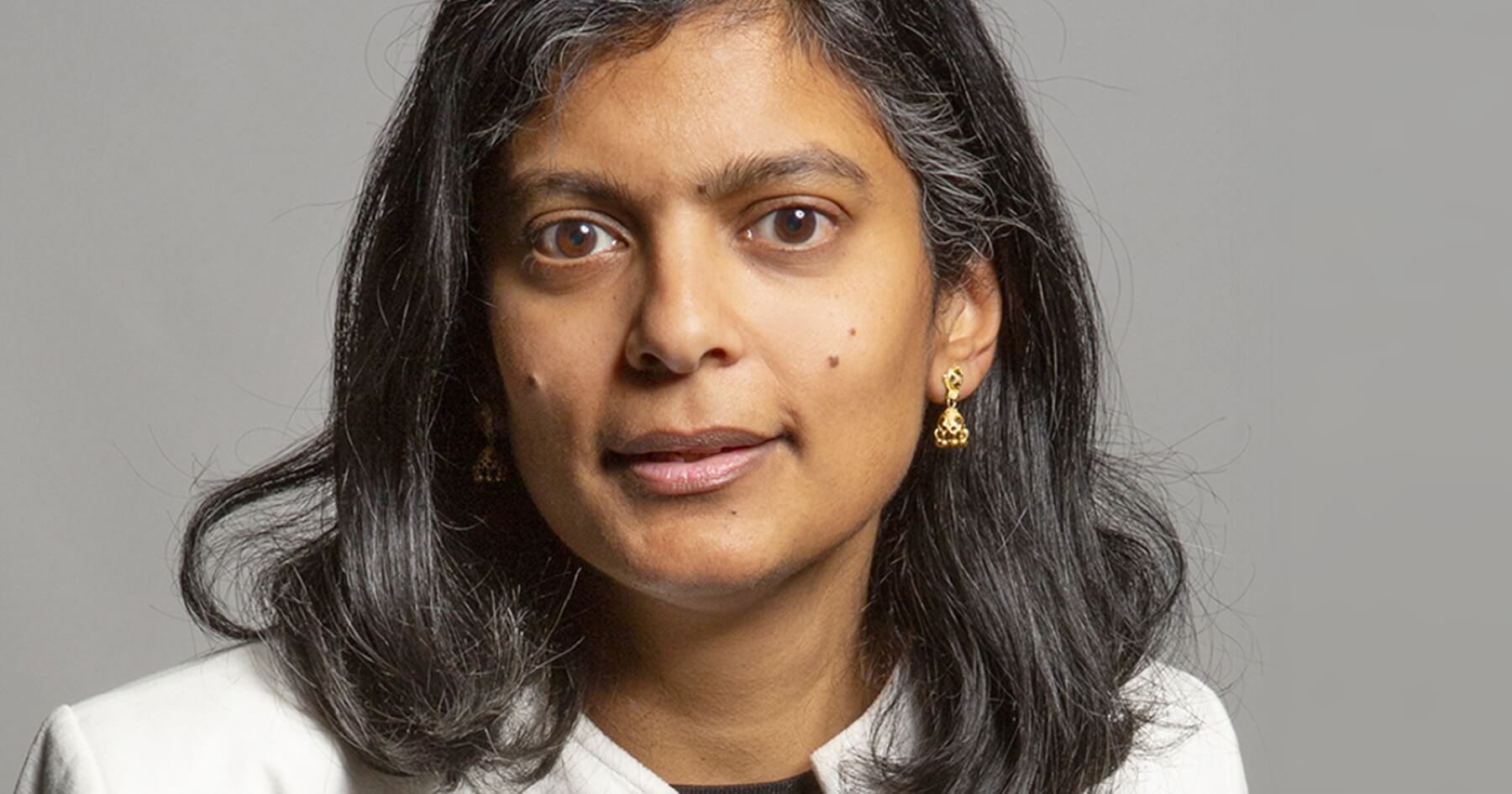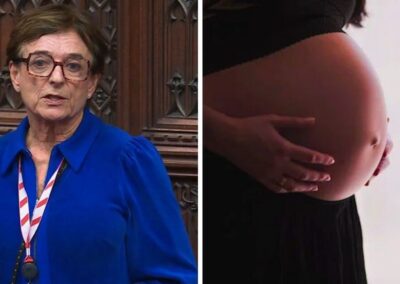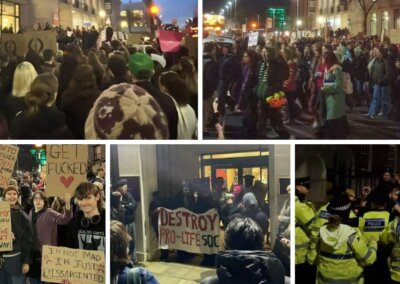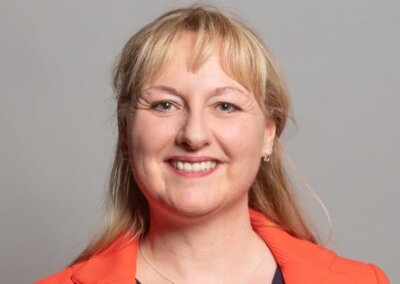Labour MP Rupa Huq has this afternoon announced that she will again attempt to introduce censorship zones around abortion clinics through an amendment to the Police, Crime, Sentencing and Courts Bill.
During the Second Reading debate of the Police, Crime, Sentencing and Courts Bill, Rupa Huq said: “This monster of a bill, in 295 pages, has the word ‘women’ zero times yet ‘statues’, ‘war memorials’, ‘monuments’ – multiple mentions. But it is likely to be back at Committee Stage, so it is then that I will seek to improve it by introducing an amendment to prohibit the longstanding and continual daily harassment and intimidation of women at abortion facilities”.
This is not Rupa Huq’s first attempt at introducing censorship zones outside abortion clinics.
A bill to introduce censorship zones, which was brought forward by Rupa Huq, failed to pass through the Commons at its Second Reading in September.
The Bill would have criminalised the offering of practical and emotional support to women entering abortion clinics across England and Wales, bringing a possible prison sentence of up to two years for those who offer support to women within 150 metres of abortion clinics.
In 2017, former Home Secretary Amber Rudd launched a review into the scale and nature of pro-life vigils outside abortion clinics to establish if the Government would recommend the introduction of censorship zones. In the investigation, continued by the succeeding Home Secretary Sajid Javid, over 2,500 responded to a call for evidence, including abortion service providers, abortion service clients, those engaging in anti-abortion demonstrations, police forces and local authorities.
In 2018, Sajid Javid announced that the Home Office could not find adequate reason to introduce censorship zones, stating that: “…introducing national buffer zones would not be a proportionate response, considering the experiences of the majority of hospitals and clinics, and considering that the majority of activities are more passive in nature. In making my decision, I am also aware that legislation already exists to restrict protest activities that cause harm to others.”
Opposition to censorship zones
Opposition to censorship zones extends beyond pro-life advocates to unite a large part of society, that may not agree with the pro-life position on abortion but opposes censorship zones as a threat to freedom of speech.
Despite supporting abortion, a number of prominent human rights groups and campaigners have spoken out against the introduction of censorship zones. This includes Peter Tatchell, the Manifesto Club, Big Brother Watch, Index on Censorship and the Freedom Association.
The Be Here for Me website highlights just a few of the many stories of women who have been helped by people outside abortion clinics, and the stories of women who could miss out on such support in the future.
Right To Life UK spokesperson, Catherine Robinson, said: “We already have laws prohibiting intimidation and harassment. If this sort of behaviour takes place outside abortion clinics, or indeed anywhere else, the accused party could, and should, be fully investigated, and convicted if found guilty, under the law as it currently exists. This law essentially criminalises speaking with people about abortion outside abortion clinics. It would be an instance of the state determining criminalising not only free expression but also offers of assistance”.
“By attempting to restrict women facing unplanned pregnancies from receiving compassionate emotional and practical support, the ‘pro-choice’ lobby reveal their opposition to real choice for women and revealing they’re really just pro-abortion”.
“Many babies are alive today because their mothers were able to receive the help they needed outside of an abortion clinic”.












